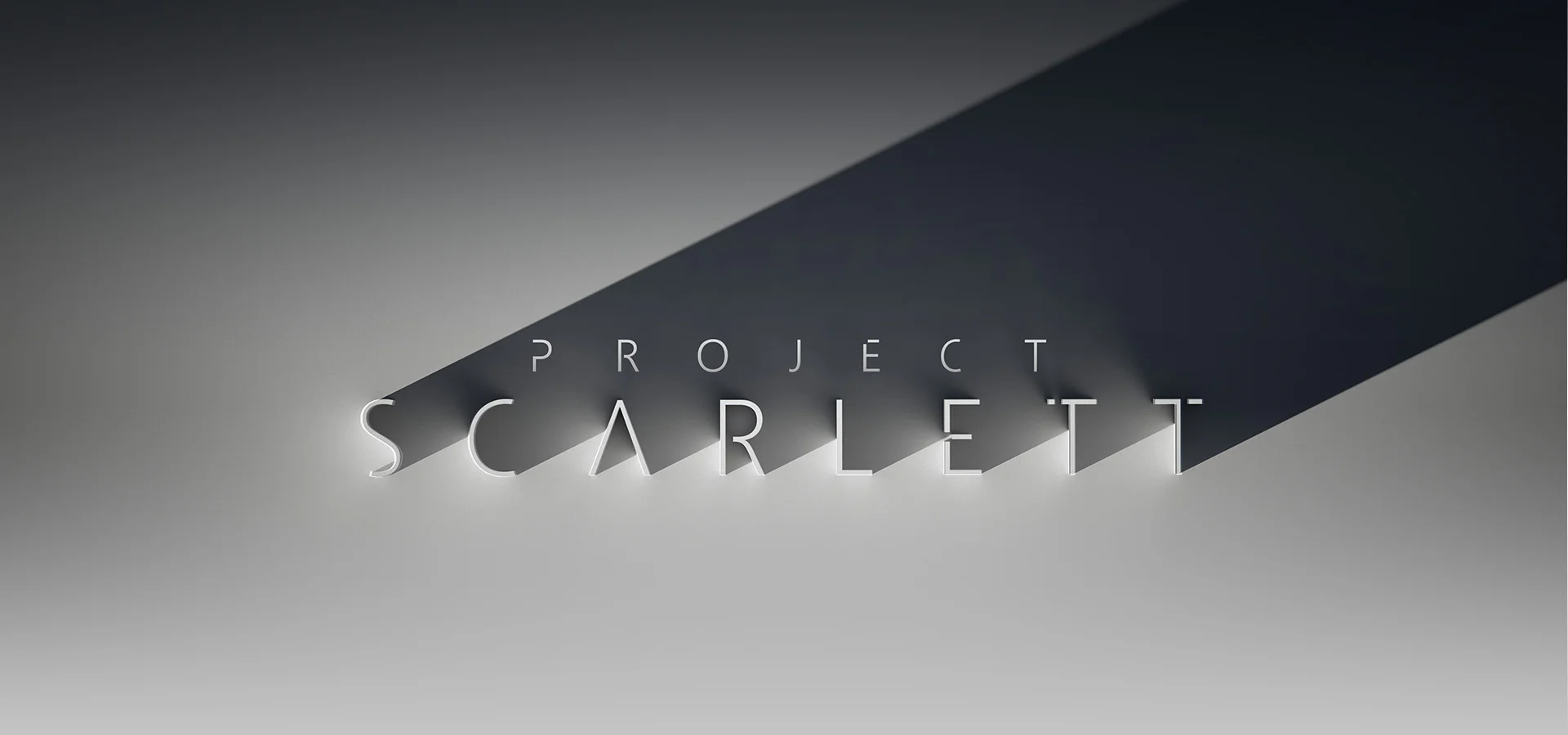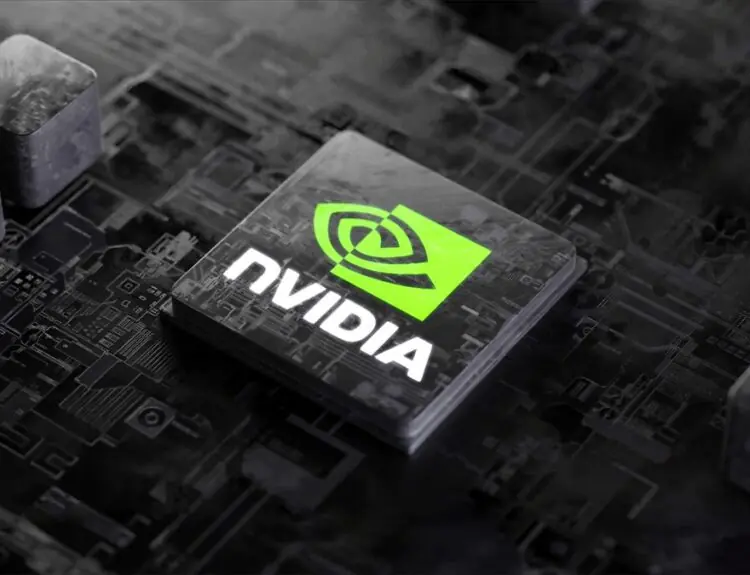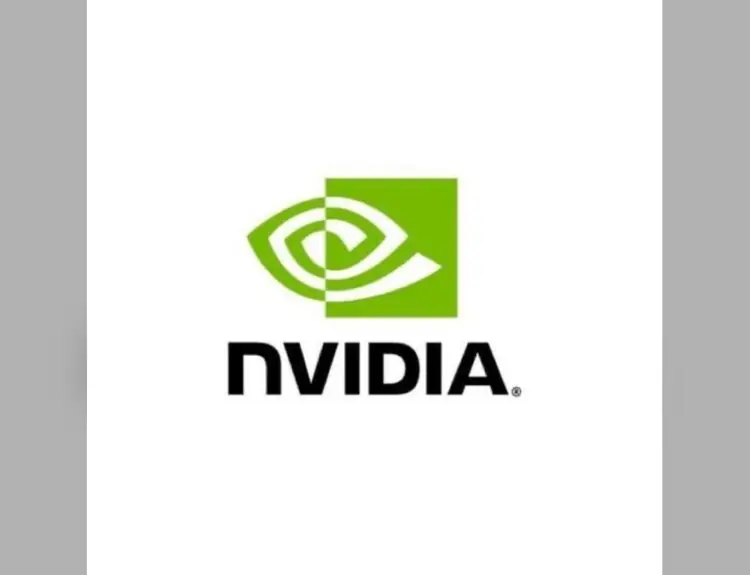The head of Xbox and Vice President of Gaming at Microsoft, Phil Spencer, told reporters he did not think the future of gaming would be found in hardware (i.e., in consoles) in an interview this year at E3. Instead, Spencer offered an alternate view: the future of business is going to be in games and gaming software.
Spencer said he saw the future of gaming business in creating the perfect experience for players. He did not think this (necessarily) meant making more and more powerful consoles. Spencer made his comments in an interview with Kotaku at this year’s E3 mostly in reference to the unveiling of the Google Stadia.
The Google Stadia will be Google’s response to the console wars: Stadia is a game streaming service similar to Netflix; players will be able to stream games into their home and play them without purchasing any additional hardware.
“The business is not how many consoles you sell. The consoles are not where the profit in this side of the business is made,” Spencer said during the interview.
Spencer’s comments came in the wake of Microsoft’s announcement for their next-generation console, which they are mysteriously calling “Project Scarlett.” It will replace the current Xbox One. Microsoft plans to release their console during next year’s holiday season. The next Xbox will not be released without competition, however—Sony also intends to release the PlayStation 5 at around the same time.
Microsoft has said that Scarlett will include hardware from AMD, a Zen 2 CPU, as well as Navi-graphics architecture. The PS5 will have an AMD CPU and graphics from Navi. Both companies promised their consoles would run at a frame rate of 120 frames per second. Just working with the limited information released so far, it seems both consoles will start off on an even footing.
For some, Spencer’s comments may come as a surprise. Especially because he said them while also trying to promote the release of Microsoft’s next-generation consoles. But Microsoft has held this stance for quite a while now: Xbox hasn’t released numbers of console sales in quite some time.
Spencer defended his philosophy by appealing to what he saw as the needs of the customer. “We focus on the player, we don’t focus on the device.” While Microsoft will continue to produce hardware for their games, it seems their primary focus will remain on crafting the perfect gaming experience for their users. For Microsoft, the device is only a means to facilitate that.







